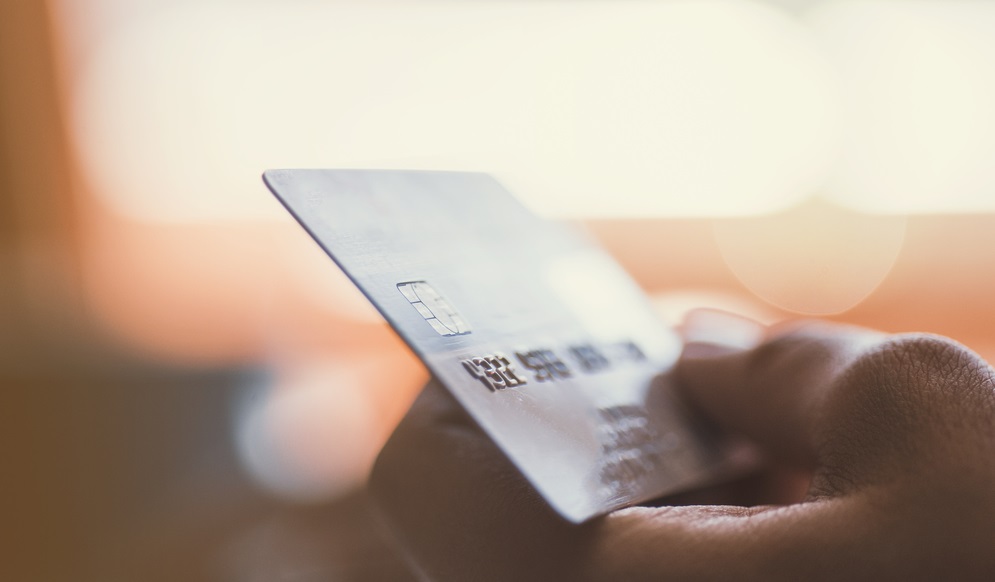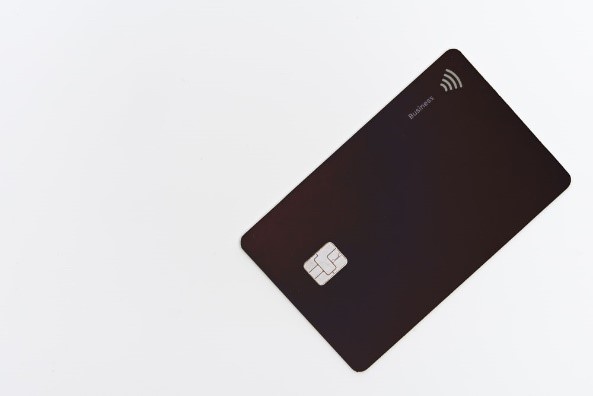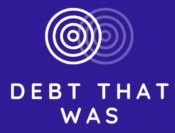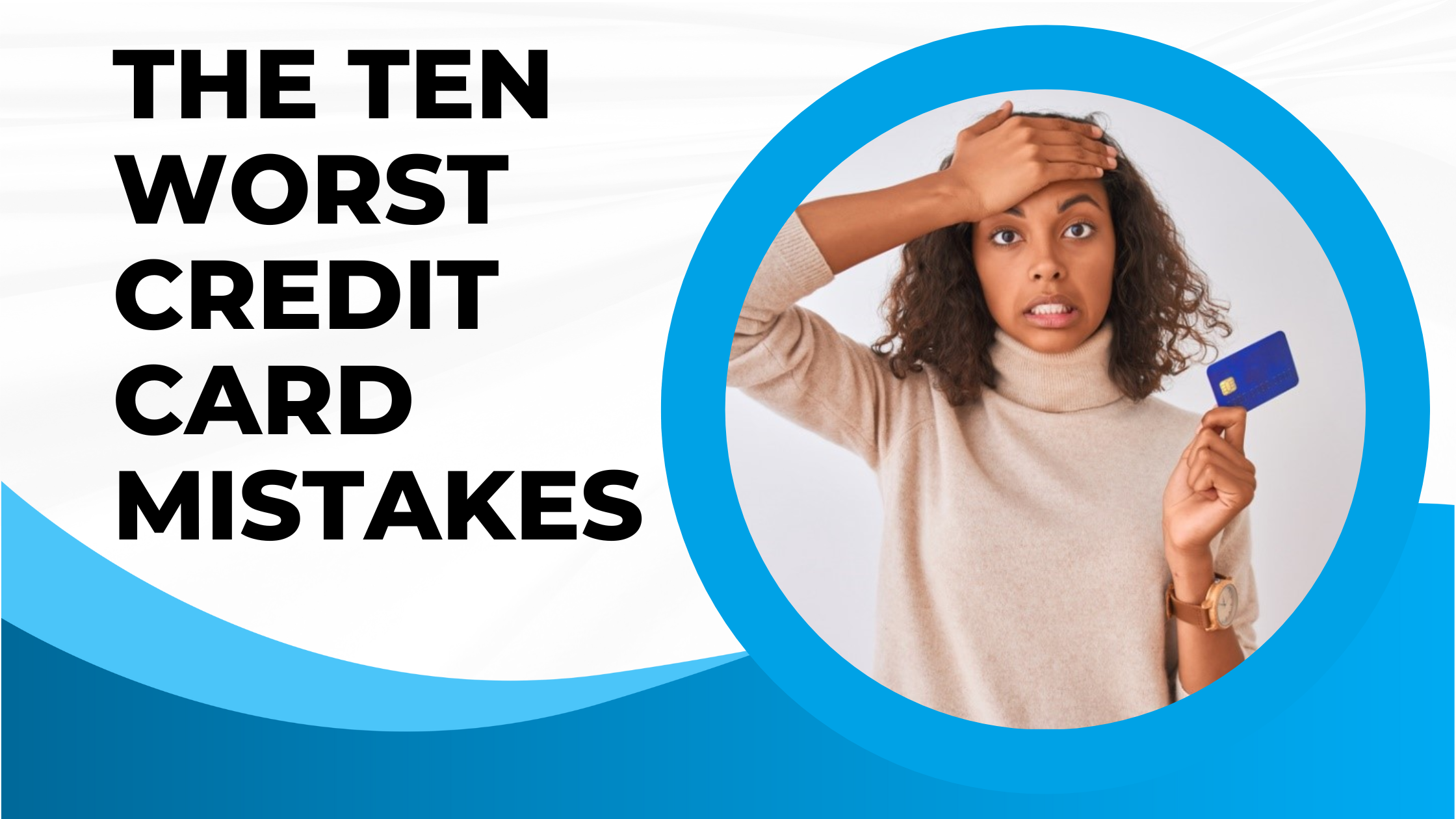Table of Contents
ToggleThe Danger of Credit Cards
Having credit cards can be a great financial tool.
They can help you build your credit, earn rewards for yourself, and provide some breathing room for your budget.
However, if you’re not managing the usage of your credit cards correctly, they can be incredibly dangerous.
To help you avoid that, we’re going to look at common habits that people have with credit cards that you should leave behind.
List of Worst Credit Card Mistakes
Here are the ten worst credit card mistakes a person can make and what you can do to avoid them.
- Not asking for increases in credit limits
- Closing a credit card
- Applying for multiple credit cards at one time
- Overspending by using your credit card
- Picking a credit card that doesn’t suit your lifestyle
- Not understanding the terms of your credit card
- Not keeping a close eye on your transactions
- Keeping high balances
- Only making minimum payments
- Making late payments

Not Asking for Increases in Credit Limits
Higher credit card limits will lower your credit utilization ratio, especially if your spending stays the same.
You should request a credit limit increase on each of your cards once every year. That is unless your credit issuer automatically performs credit limit increases.
By doing this, your credit will get regular bumps, and your budget will become more flexible.
Closing a Credit Card
After reading this article, you might feel that credit cards are too bothersome to keep, or you might’ve already been thinking about getting rid of your credit cards.
Before you do anything, you should know that there are many other things that you can do with your unwanted card instead of canceling it that can improve your credit score.
You shouldn’t close credit cards because doing so shrinks your overall credit limit, thus increasing your credit utilization ratio, which can hurt your credit score.
Instead, you can ask for a product change from the same card issuer to get something that matches your financial requirements better.
For example, if the credit card’s annual fee doesn’t add value to your credit card, try to get a card with no annual fee.
Applying for Multiple Credit Cards at One Time
Credit cards can be great for your overall financial well-being and credit score. But it would help if you didn’t rush to get all the credit cards that you want at one time.
Every credit card application puts a hard inquiry on your credit report, which takes your credit score down a few points. While one hard inquiry won’t have much effect on your credit score, multiple hard inquiries will.
Credit lenders also see this behavior as a red flag because they assume that you’re looking for access to several lines of credit at one time because of financial distress.
This is why it’s a great idea to be very strategic when applying for credit cards and ensure time between applications.
Overspending By Using Your Credit Card
We’re not going to tell you how to spend money. You could spend over $100 at the local bookstore and say it was an “essential” expense.
What we do want to say to you is that you need to treat your credit funds carefully.
It can be extremely easy not to consider how much you’re spending on your credit card, especially since the money doesn’t come from your bank account and you can repay it later.
So, why shouldn’t you buy all the things you want? Let us tell you that this train of thought is dangerous because it can lead to charge-offs.
Another way that you can overspend on your credit card is by chasing rewards. Rewards should be all about getting something extra while you’re doing your normal shopping rather than an aim to acquire.
Think about it in these terms:
If you typically spend $1,500 a month using your credit card and it earns a two percent cash-back, you’ll get $30 in rewards. However, if you spend $2,000, you’ll get $40, a whole $10 more.
But you need to realize that you’re also spending $500 more than you typically do.
Picking a Credit Card that Doesn’t Suit Your Lifestyle

Not every credit card is the same because they all serve different financial goals. If you’re for a new credit card, it’s highly recommended that you do some research to find the best credit card option for you.
For example, if you’re brand new to credit, you should look into secured cards and student credit cards. While secured credit cards aren’t very interesting, they have several options available, and they’re better in the long run.
For example, there’s hardly ever a reason to get a secured credit card that will charge you an annual fee.
If you’re looking for a credit card that will give you cash back, there are cash-back credit cards for all levels of spenders.
Same with travel credit cards. Some travel credit cards charge you high annual fees while offering luxurious perks, while others are much more affordable and better for casual travelers.
Understand why you’re getting a credit card and take it seriously. Remember that getting a credit card is a big commitment, so you need to make sure that you’re finding a card that matches your lifestyle.
Not Understanding the Terms of Your Credit Card
Reading the terms of your credit cards isn’t fun but getting bombarded with unexpected fees is worse.
The terms and conditions of your credit card will give you an idea of balance transfer fees, introductory rates, and other charges you can expect to incur with special circumstances.
For instance, if you’ve opened a credit card with a zero percent interest rate, that doesn’t mean you won’t ever pay interest on it.
The zero percent rate is typically an introductory rate, and it’s highly recommended that you pay off your credit balance in full before that rate expires.
Not Keeping a Close Eye On Your Transactions
Make a habit of checking your credit card transactions and activity regularly. You can do this by going through your billing statement or visiting your online credit card account. If you find a charge you haven’t made, that’s one of the first signs of fraudulent activity, which can become rather expensive if you ignore it.
The billing statement can also be a good source of information, especially if changes to your credit card – you’ll find them on your billing statement.
Keeping High Balances
It’s a bad idea to have high balances or max out your credit card, and not only because of expensive interest.
The credit utilization ratio – which tells you how much of your line of credit you’re using – is an important credit score calculating factor. If you have a higher than 30 percent ratio, it can hurt your credit score.
Potential credit lenders that check your credit report might also be wary of this financial behavior because they might see it as you not managing your debt responsibly
Only Making Minimum Payments
It should go without saying that you want to make at least the minimum payment on your credit cards to avoid mistake #10. However, by only paying the minimum payment due, you’re also putting yourself in a bad credit situation that will bury you in credit card debt for a while. This is especially true if you have thousands of dollars in debt.
You’ll also be spending a lot of money paying interest unless you have an introductory period interest rate of zero percent.
Making Late Payments

This is by far the worst of the ten worst credit card mistakes a person can make. Late payments can be one of the worst things for your credit because they stay on your credit report for seven years. That’s a very long time to have negative points on your report.
If you have more late payments, the later those late payments are, the more your credit score will drop.
If you wait long enough, your credit card will be cut off, and your account will ultimately be sold to a collections agency.
Avoid this at all costs. If you’re forgetful, you should set up automatic payments or reminders so you remember to pay your bills on time.
Conclusion
Now that you better understand the ten worst credit card mistakes a person can make, we hope you can work hard to avoid making any of them. Having insight into the top ten worst credit card mistakes will help you build your credit.

